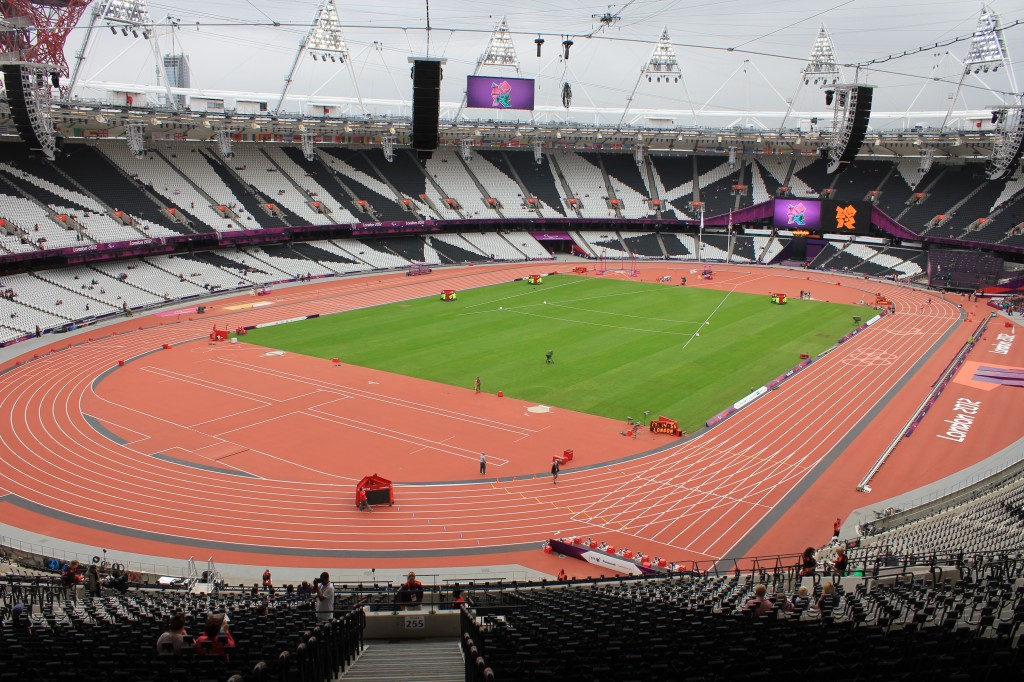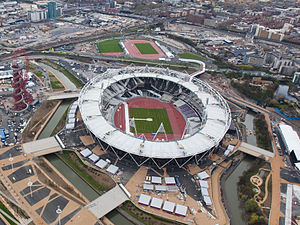The Government have now decided to grant a tax amnesty to overseas athletes who are to compete in London Grand prix in the Olympic stadium this summer. This to ensure that famous athletes, such as Usain Bolt, will come and compete.
Britain used to impose taxes on appearance fees and prize money for non-resident athletes who competed in any sports in the country. This tax has prevented Bolt racing in Britain since 2009, except for the summer olympics, because he thinks it is to expensive.
George Osborne, British treasury chief, agreed to the tax concession because it is important for the Olympic legacy. He also means that the loss of tax revenue is negligible compared the to the benefits for London and athletics.
It is interesting how the Government, who decided to reduce funding for connecting sports clubs and schools, and in some cases remove completely, funding for elite sports that do not have a chance of winning gold at the olympics, can afford to call a loss of tax revenue negligible.
Is the Olympic legacy only about getting athletic superstars to compete in the UK, or should it not about getting people active, especially children, in sports that interest them?
Click London Olympics for more blogs
See our Olympics project pages for more information and videos.
Or visit PlanA our general blog on urbanism, planning and architecture.
Spectacle homepage
Like Spectacle Documentaries on Facebook
Follow SpectacleMedia on Twitter


